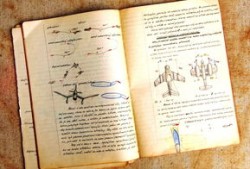文学学士英文怎么说
- 经验
- 2024-05-11
- 175
In English, the term "sad literature" can be translated as both "melancholic literature" or "griefstricken literature." Sad literature often encompasses works that evoke feelings of sadness, sorrow, or melancholy in readers. These works may explore themes such as loss, heartbreak, isolation, or existential crises.
Overall, sad literature serves as a platform for exploring the depths of human emotion and the universal experiences of loss, longing, and despair. It reminds us of the inherent fragility of life and the profound impact of our emotions on our existence.
Sad literature can be found in various forms, including novels, poems, plays, and essays. Some famous examples of sad literature include "The Bell Jar" by Sylvia Plath, "The Great Gatsby" by F. Scott Fitzgerald, "Hamlet" by William Shakespeare, and "Do Not Go Gentle Into That Good Night" by Dylan Thomas.
How to Say "Sad Literature" in English
Authors of sad literature often use poignant language, vivid imagery, and emotional depth to convey the complex and sometimes overwhelming nature of sadness. Readers of sad literature may find solace in the shared experience of sorrow and may even derive a sense of catharsis from engaging with these works.
















